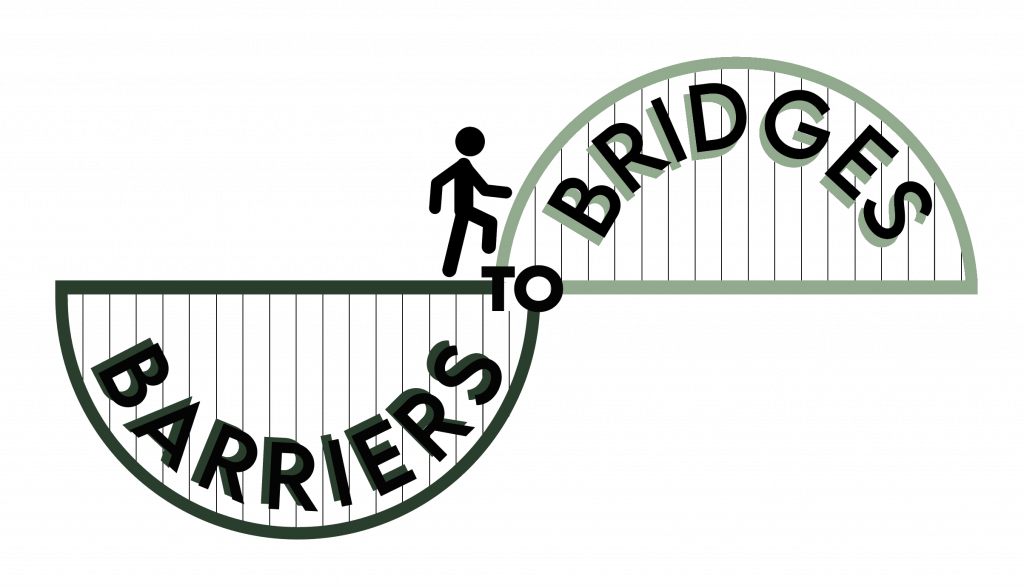by Dawn M. Sanders
Imagine if you will, being born into a body with all its physiological traits and societal expectations of whichever sex and/or gender (not to be used interchangeably) assigned, just does not fit. For most, the blueprint of one’s identity is a ‘given’ for life. Yet, for some the ‘given’ leads to questioning and the need for an identity which fits. Some choose a nonbinary path, but for this piece, focus is on questioning, transitioning and settling into a new identity.
“It’s just a whole other sense of gender euphoria, it’s just amazing!” Eli Moore.

A blossoming identity takes shape in the formative years, so it is no surprise, if a boy or girl is ill at ease with their assigned sex or gender, the need to transition surfaces mainly with young people or an adult realises their identity is no longer compatible.
According to a U.S-based study, 94% of 317 young people documented during a 5-year period still identified as trans further down the road. Only 2.5% re-transitioned to their cisgender during 2013-2017.
In the UK, the (Gender Identity Development Service) GIDS, a branch of the NHS, cited a significant rise in children transitioning between 2009/10 and 2015/16 – from 94 to 969, respectively. So, why the increase?
Cara English, head of public engagement at Gendered Intelligence, the UK’s largest organisation advocating for gender-fluid youth says: “No one has a one hundred percent certainty – I would venture an increase in visibility around trans people, transitions and an increased cushion of support from Charities and organisations such as ours; so young people ‘can come out’ explore and things don’t have to be disastrously bad, they can be good.”
Stef Wells, who hails from Hong Kong, is a 32-year-old trans woman:
“Around 15 I discovered the world of trans when I saw the movie Ace Ventura, where Ace pulls the woman villain’s dress down to reveal a bump in her pants. I was surprised that something like that could happen.” On the cusp of the pandemic, she fulfilled her role as a son – caring for her mother, who had cancer. Her mother, of Asian/Hong Kong background was traditional in her views. So, a month before her mother passed away, she began taking hormones, as the change wasn’t instantaneous.
One of the main hurdles of transitioning is accessing gender-identity and hormone treatments. Wells says: “The public hospital progress here in Hong Kong is very much lacking. I took the DIY route because I was depressed and felt being 30 was late already. I couldn’t wait a year just to see a psychiatrist and maybe another year to see the endocrinologist. The first time I felt something inside my chest tingle/itch I smiled like an idiot all day at work.” Wells used the internet as a helpful tool to her gradual transition and says she feels lucky her friends and family were mostly accepting. There are cultural barriers as a lot of Hong Kongers say things like, ‘oh you became a girl because you couldn’t get a girl’ and negative gossip is rife.
Eli Moore, 23, is a student in London and trans man. He began struggling from the age of ten at the end of primary school. By the time he was 15/16 he came out – having discovered trans. Coming out to his friends at college first, resulted in a lot of bullying – forcing him out to his parents and family, who were supportive, but it was a learning curve. He tried accessing his physical transition on the NHS, but with ridiculously long waiting lists of 2 to 3 years, his mental health deteriorated to the point his parents agreed to go private. “It’s just a whole other sense of gender euphoria, it’s just amazing!” Describing top surgery, feeling comfortable for the first time and growing a beard. Stef Wells echoes these sentiments, in a podcast speaking of her transition, she describes looking in the mirror at developing feminine features and crying with joy.
Moore describes multiple barriers: “The system wasn’t really made for trans. Going to the doctor, I asked could I have mister as my title and it was refused, as it didn’t match my NHS number.” There are volumes to say on current debates surrounding trans people and gender-specific spaces, such as toilets.
No transition is the same. In contrast with Wells’ seemingly smooth transition, Moore spoke of being terrified of venturing outside trans circles, because he doesn’t know how people will react. Space, a Dorset-based youth organisation, was the first place he felt comfortable: “It saved my life and helped me through the transition, so I wanted to massively give that back. I’m a trustee and get involved in loads of things, supporting young people in the position I was in.” He helps remove barriers, as the mental health of people transitioning is crucial.
In wider society, transgender is still taboo. A product of this, is conversion therapy. Recently the LGBTQ+ community were outraged, because the ban on this dangerous therapy did not apply to trans people. “The government are actively choosing to not include trans people in the conversion therapy ban. They are not willing to protect us from other people forcing us to change.” Moore says.
The media are also guilty of fuelling stigmas – both participants cited the narrative surrounding trans as driven by people who are not trans or often biased in their approach. Even among the umbrella of LGBTQ+, Moore cites how gay rights have come on, people can get married, but when switching the conversation to gender transition, barriers appear.
Generally, things are changing. In some sporting circles efforts are made to acknowledge the needs of trans people. Particularly within schools and universities, there are mentoring schemes and huge strides by organisations to educate teachers and raise awareness. At the end of the day, gender-fluidity is nothing new, but it is how we acknowledge it which makes all the difference.
© 2021
